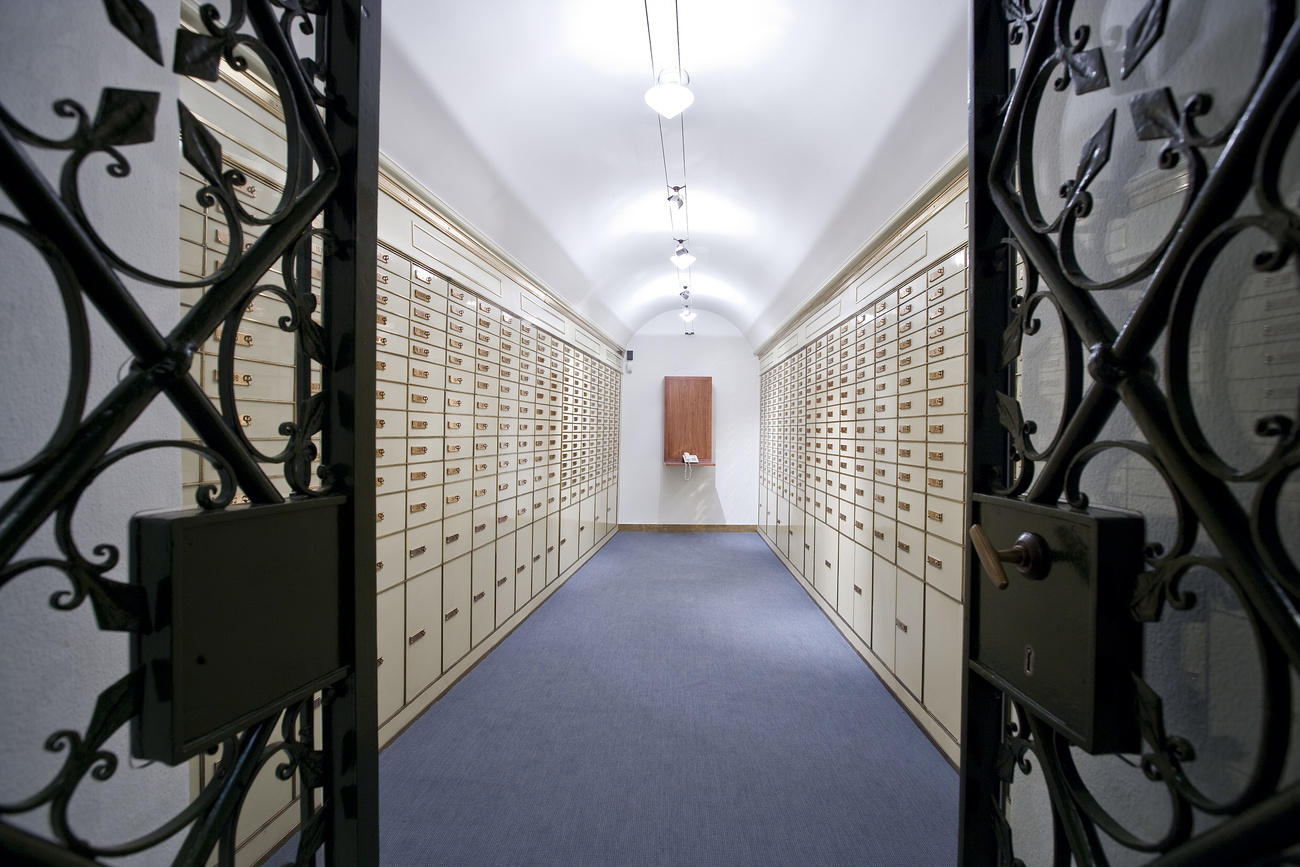
Switzerland grants 18 more countries access to bank details

The Swiss parliament has approved the automatic exchange of bank data with 18 additional countries from 2021. However, Turkey failed to make the cut.
On Tuesday, the Senate followed the House of Representative’s lead and approved a new batch of countries for automatic exchange of financial information (AEOI). This means Switzerland will provide details of bank accounts held by their citizens (or those with a fiscal residence in Switzerland).
In return, Switzerland will receive information on banking details of accounts held by Swiss citizens/residents in these partner countries.
The 18 countries are Albania, Azerbaijan, Brunei, Dominica, Ghana, Kazakhstan, Lebanon, Macau, Maldives, Nigeria, Niue, Oman, Pakistan, Peru, Samoa, Saint Martin, Trinidad and Tobago and Vanuatu.
Turkey was also up for consideration, but the Senate decided it was not yet ready for automatic exchange. The country’s recent incursion into Syria created doubts on its ability to guarantee data protection.
So far, Switzerland receives financial data from 75 countriesExternal link and shares data with 63. This is because they did not either meet data security and confidentiality requirements (Belize, Bulgaria, Costa Rica, Curaçao, Montserrat, Romania, Saint Vincent and the Grenadines, Cyprus) or chose not to receive Swiss data (Bermuda, British Virgin Islands, Cayman Islands, Turks and Caicos Islands).
Recently the Swiss authorities revealed that they had provided details of around 3.1 million bank accounts held by foreigners (or those with a fiscal residence abroad) to their countries of origin or residence. In return, it received information on banking details of around 2.4 million accounts held by Swiss citizens/residents in 75 partner countries.

More
Switzerland in the age of automatic exchange of banking information

In compliance with the JTI standards
More: SWI swissinfo.ch certified by the Journalism Trust Initiative




























You can find an overview of ongoing debates with our journalists here . Please join us!
If you want to start a conversation about a topic raised in this article or want to report factual errors, email us at english@swissinfo.ch.